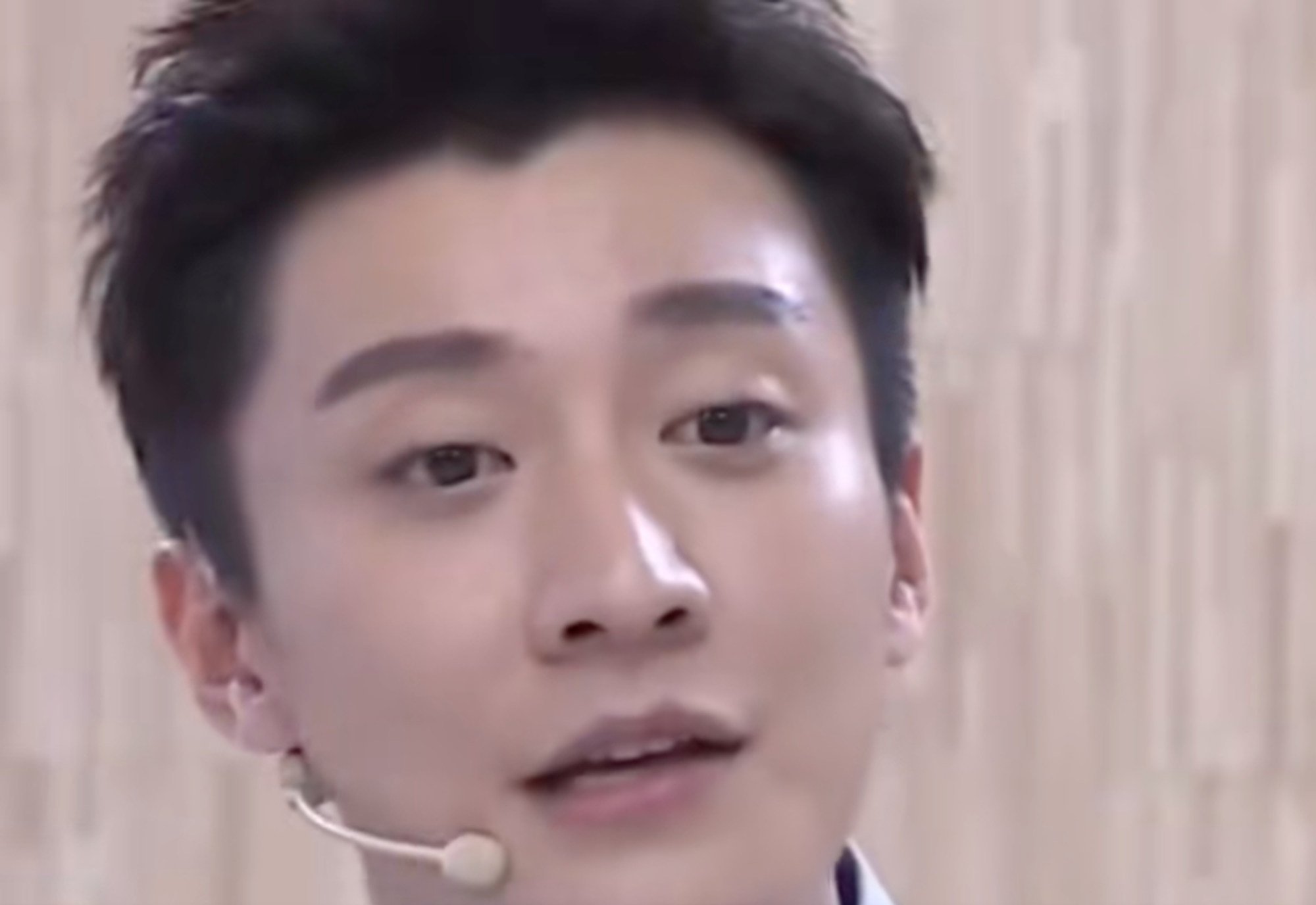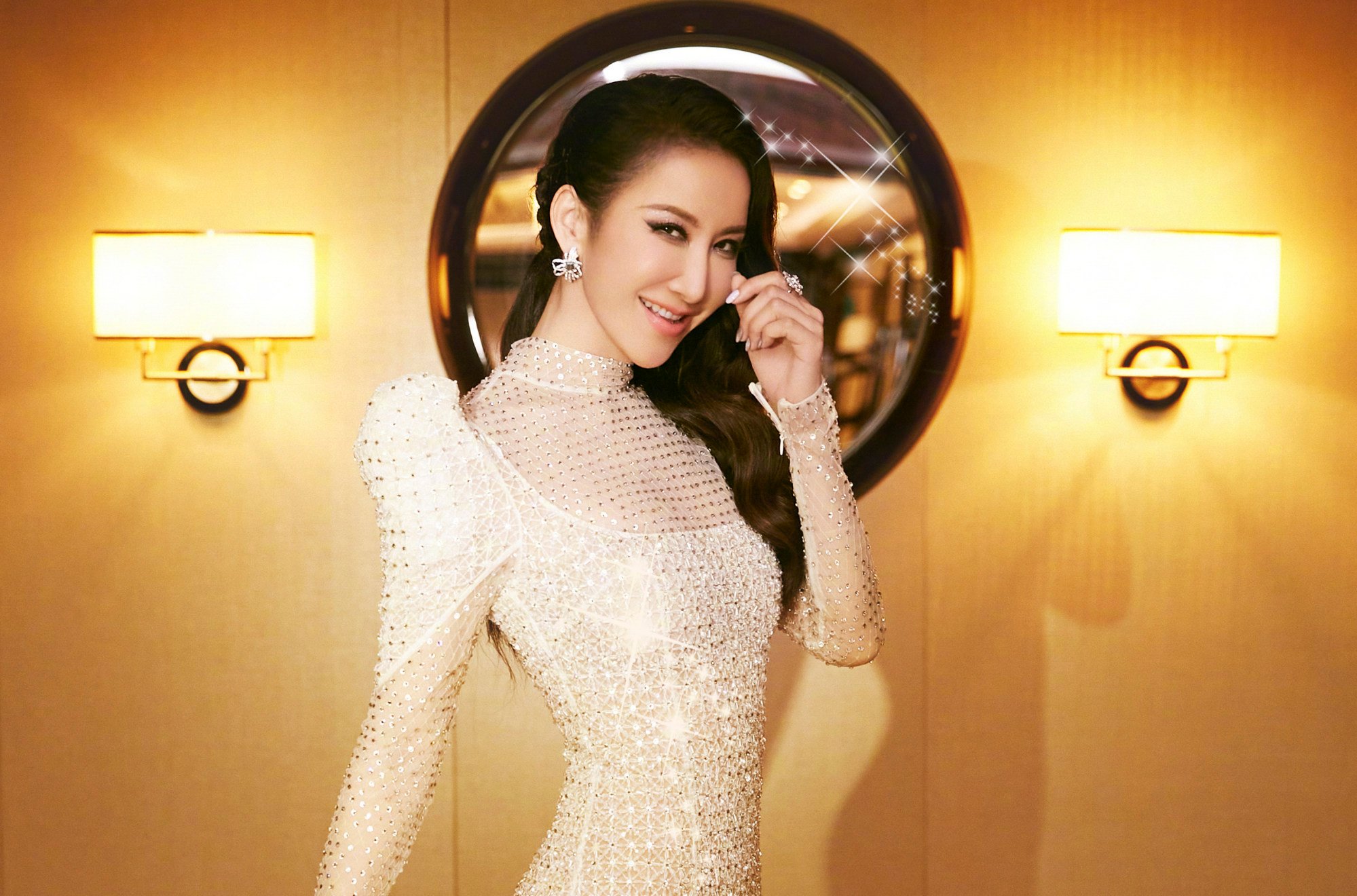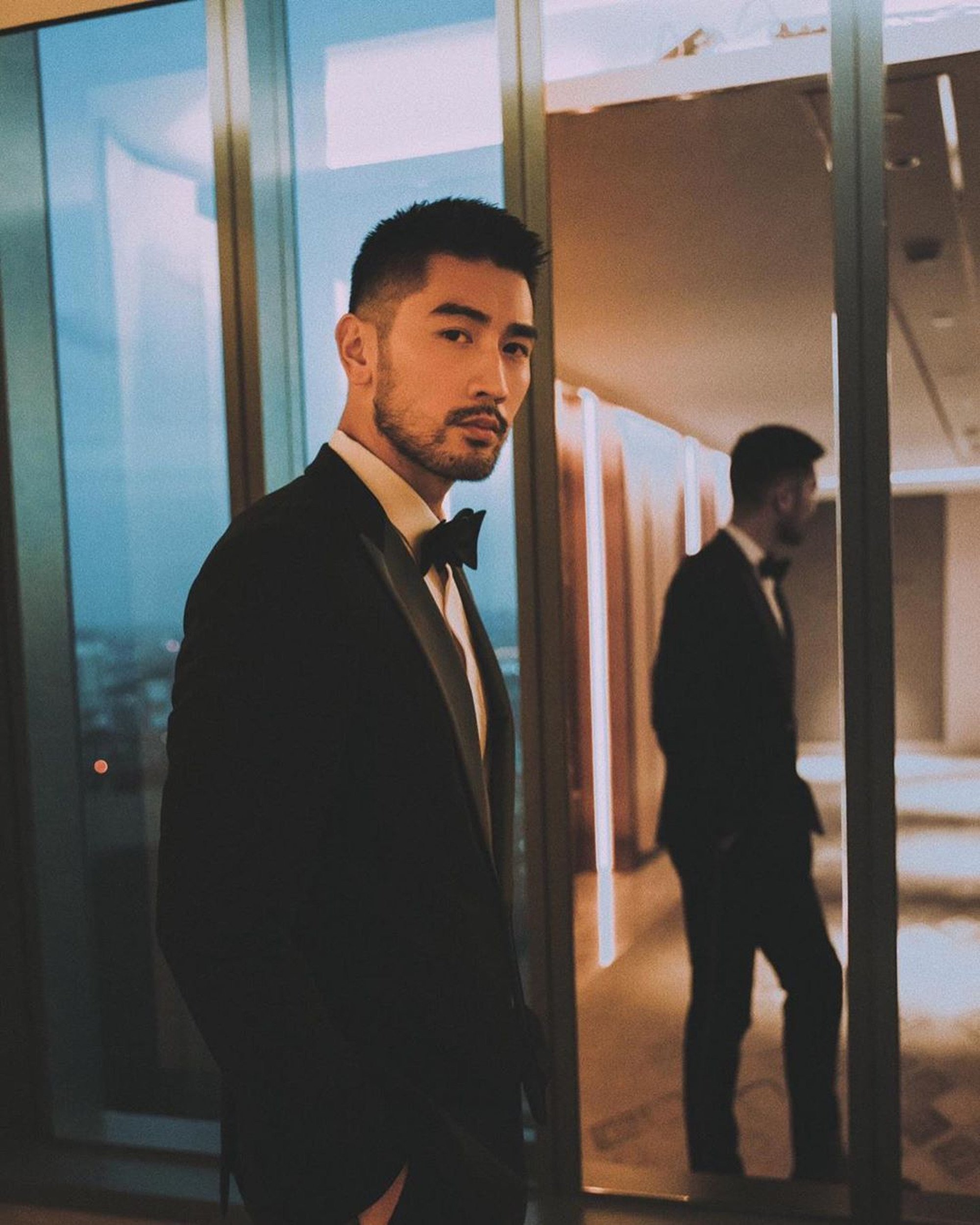
Father of dead China singer blasts blogger’s digital version of late son created without consent, calls for AI control
- Qiao Renliang tragically takes own life in 2016 aged 29, parents still grieving
- Creator makes video of star without consent, father denounces practice
More and more people in China are using artificial intelligence, or AI, to “resurrect” deceased celebrities, but one relative of a late well-known personality has slammed the practice as unacceptable.
On March 16, Qiao Kangqiang, father of the deceased Chinese star Qiao Renliang, said he wanted all AI videos of his son to be removed from the internet as they were “rubbing salt into his wound”.
Qiao tragically took his own life in 2016 at the age of 29, after suffering from serious depression thought to have been exacerbated by untrue media reports and online abuse.
His parents have been grieving the loss of their only son ever since.

The couple now edit a Douyin account, posting videos of their life while promoting the skincare brand their son founded.
In the unauthorised AI-generated video of Qiao, the young star speaks to his fans and parents, telling them that he is “not really gone but retired to live a peaceful life”.
The video cloned Qiao’s voice and used lip-syncing technology to create speech generated from text.
The singer’s father said the video maker did not obtain his family’s consent.

A lawyer from Shanghai Sunhold Law Firm, Zhang Yuxia, told the mainland media outlet The Paper that using AI technology to create a video or image of a dead person without their family’s consent is a violation of privacy and the rights of portrait and reputation.
There are several accounts on short video platform Douyin, the mainland version of TikTok, that use the name “AI resurrecting relatives” and make AI-generated videos of deceased celebrities to promote their business.
Other featured stars include Hong Kong-American pop singer Coco Lee, who died in 2023, and Taiwanese-Canadian model and actor Godfrey Gao, who passed away in 2019.
On March 17, Jiang Qiulian, the mother of Jiang Ge, who was killed by her friend’s boyfriend while studying in Japan, also strongly protested against the approach.
She said the AI creators know neither their deceased relatives nor their relationship with them and have no right to do what they are doing.
On the day Qiao senior denounced the unauthorised video, its maker took down all the AI celebrity videos on their Douyin account and promised to not post anymore.
However, the account was still recruiting students and advertising its AI “relative resurrection” business, charging 588 yuan (US$83) per video, according to The Paper.
On China’s largest e-commerce platform, Taobao, which is operated by the Alibaba Group, owner of the South China Morning Post, people advertise an AI service that cost as little as 10 yuan.
Customers need only to provide a photo, and the shop can animate it with smiling and blinking effects to make the portrait appear to look like a moving video. Speaking can be incorporated for an extra cost.

Qiao senior’s request to remove the videos topped Weibo’s trending list on March 16, receiving 220 million views.
“I was often moved by these AI videos, but more often I felt upset. They cannot bring back the emotions or thoughts of deceased people, let alone replace the ones we love,” one person wrote on Weibo.
“Life and death are a natural cycle and properly accepting loss is the true liberation from grief,” said another.
A third person urged legislation on AI-generated videos: “Such videos made without consent not only violate people’s rights but also hurt their feelings. There should be laws to limit such practices.”

